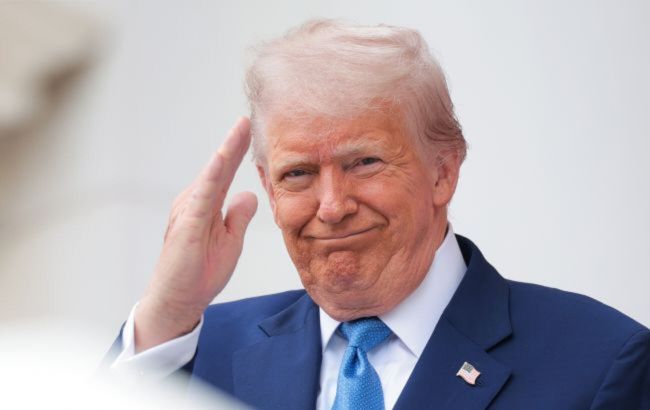Trump to ground foreign-made drones: new restrictions underway
 Photo: Donald Trump, President of the United States (Getty Images)
Photo: Donald Trump, President of the United States (Getty Images)
US President Donald Trump continues to tighten tariff policy and is now seeking grounds to impose additional duties, according to Bloomberg.
The US Department of Commerce has launched a large-scale investigation into the import of drones, their components, and polysilicon, a key material used in solar panel production. The probe could pave the way for new tariffs.
Scope of investigation
The investigation began on July 1, 2025, under Section 232 of the Trade Expansion Act, which allows the president to impose special tariffs if imports are found to threaten national security.
Authorities are focusing on imports of unmanned aerial systems and their parts, as well as polysilicon and related solar energy materials.
Timeline and outcomes
Under the law, the Department of Commerce must submit its findings within 270 days. If it determines that the imports pose a national security risk, Trump will be authorized to introduce new tariffs.
Part of broader trade strategy
This probe is another step in Trump's aggressive tariff policy. Previous investigations targeted imports of copper and pharmaceuticals, and tariffs have already been imposed on steel and aluminum under the same legal provision.
Trump has also announced a wave of new country-specific tariffs set to take effect on August 1. These measures have sparked concern in financial markets, as investors fear the escalation of a global trade war and the risk of a broader economic slowdown.
Trump's stance
Trump has stated that the US is "just getting started" with its tariff campaign. He claims earlier tariffs on cars and steel have generated over $188 billion in revenue for the federal budget.
However, experts warn that while the tariffs may boost revenue, they could also strain relations with key trade partners and create new challenges for American businesses.
European Commission President Ursula von der Leyen recently announced that the EU has prepared countermeasures in response to Trump’s new tariffs. However, their implementation is on hold until August, as the bloc still hopes to reach a trade deal with the US.

